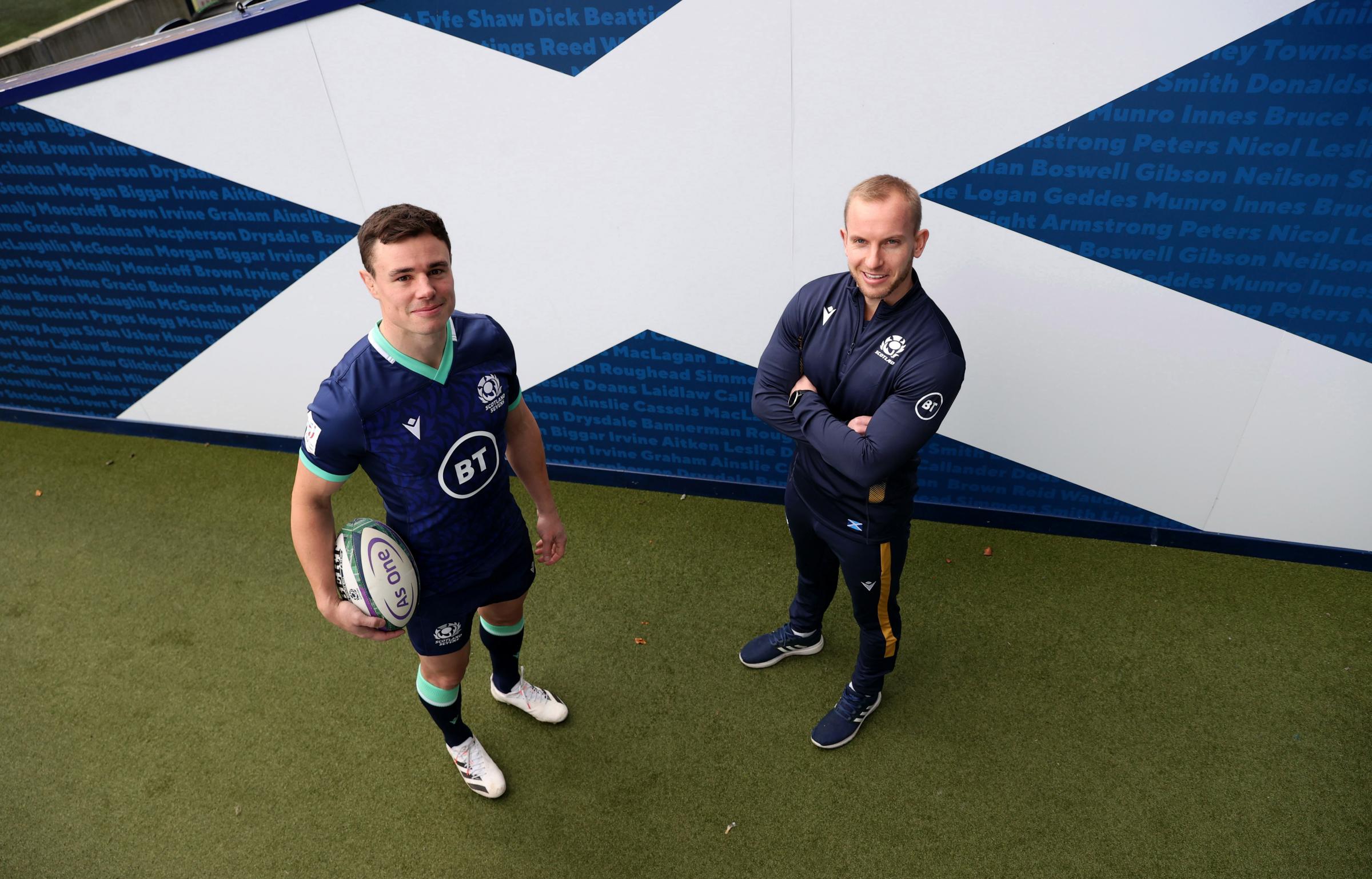
SCOTLAND will no longer compete in the HSBC World Rugby Sevens Series after World Rugby – the global governing body – decreed that it must join forces with England and Wales to form a Great Britain team. This move is aimed at aligning the series with the Olympic Games.
This means that England, Scotland and Wales will play as individual nations in the Commonwealth Games, which take place at Coventry Stadium next weekend, and at the Rugby World Cup Sevens in Cape Town on 9th-11th September, before reverting to GB when the 2023 men’s Series kicks off in Hong Kong on 4th-6th November 2022, followed by combined men’s and women’s rounds in Dubai on 2nd-3rd December and Cape Town on 9th-11th December
While Scottish Rugby have stated that they plan to continue their sevens programmes for both men and women, it is not clear at this stage whether this can be viable as a cost-effective way of providing meaningful player development opportunities.
The World Series is the pinnacle of international sevens in any regular season so, unless something new is created, worthwhile tournaments for the Scotland men’s team are going to be few and far between.
The situation is slightly different for Scotland women, who have competed in the series occasionally as a guest side but are not a core team. However, the goal has surely been to reach that level, and if there is no real prospect of graduating beyond the Rugby Europe Women’s Sevens Championship then you have to ask: what is the point?
“Once rugby sevens became an Olympic sport there was increasingly a requirement from World Rugby that Team GB, as the recognised Olympic entity, should also become part of the sevens landscape to align Olympic qualification through the HSBC World Sevens Series,” said Jim Mallinder, Scottish Rugby’s Director of High Performance.
“We want our players competing at the highest possible level moving forward and I fully expect Scotland to have good representation in the Team GB squads, both for men and women.
“Sevens will continue to play a role in our development pathway and we want to maintain the pipeline of quality players capable of representing both Scotland and Team GB in the future.
“We will continue discussions with World Rugby as to what those future playing opportunities will look like.”
With only two pro men’s teams and no pro women’s rugby below international level, there is limited opportunities in Scotland for emerging players to develop in a full-time environment, so the sevens programmes have been a safety net over the years for several players who have not immediately flourished in the fifteen-aside game.
Kyle Rowe is the most recent full cap to have played on the circuit, which helped keep him in the professional environment when full-time contracts at Edinburgh and Glasgow Warriors were not forthcoming (although it was his performances for London Irish last season which catapulted him into the Scotland set-up). Mark Bennett, Darcy Graham, George Horne and Damien Hoyland are among the other current Scotland fifteens squad member to have benefited from a stint playing the abbreviated game.
Scott Johnson, previous Director of Performance at Murrayfield, provoked a furious backlash when he attempted to disband Scotland’s Sevens programme back in 2015 on financial grounds and that scheme was soon abandoned. This time it is different, with current DOR Mallinder on record as a supporter of Scotland’s continued involvement in the World Series.
Four Scots made the 12 strong men’s sevens squad for the 2020 Olympics and a similar representation in the GB squad when it launches later this year is as good as the nation can really hope for, so the professional future of the remainder of Scotland’s core squad members (there is 12 in total) will depend on whether a credible schedule can be created which justifies the costs involved.
The situation is more fluid for the women’s players as they are not on full-time dedicated sevens contracts, but any reduction in the number of opportunities for Scotland’s top women players to grow on the international stage has got to be a concern at a time when all the stops are apparently being pulled out to develop this branch of the game.
“We are acutely aware of Scotland’s heritage and passion for sevens rugby. As such we remain fully committed to a Scotland 7s programme to develop our players and coaches,” added Mallinder.
“The move to a GB Sevens team on the World Series will give Scottish players, both men and women, a unique opportunity to represent and compete on the largest global stage through the World Series and Olympic Games.
“It is an exciting development and one we intend to play a full part in.”
The timing of this announcement is far from ideal given that it is bound to have an unsettling effect for both teams just as they apply the finishing touches to their Commonwealth Games preparation ahead of that competition kicking-off next Friday.







